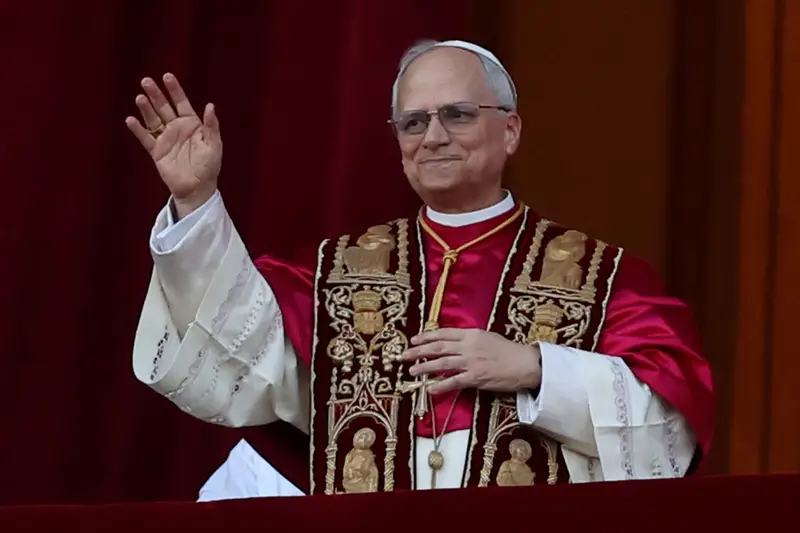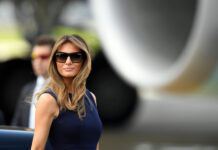Pope Leo XIV issued a pointed call on Tuesday, November 4, 2025, urging American officials to engage in “deep reflection” about the treatment of migrants detained under President Donald Trump’s administration, emphasizing that the spiritual needs of those held in custody must be respected and honored.
Speaking to reporters outside the papal retreat at Castel Gandolfo, the Chicago-born pontiff addressed a range of pressing geopolitical questions, focusing particular attention on the plight of migrants in United States custody. The pope noted that many people who have lived in the country for years without causing problems have been deeply affected by current immigration enforcement actions.
Leo underlined that scripture emphasizes a fundamental question that will be posed at the end of the world, stating: “How did you receive the foreigner, did you receive him and welcome him, or not? I think there is a deep reflection that needs to be made about what is happening.”
The pontiff specifically called on authorities to allow pastoral workers access to detained migrants, emphasizing that many detainees have been separated from their families, with no one knowing their whereabouts. He stressed that the spiritual rights of people who have been detained should be considered and their spiritual needs should be attended to during their time in custody.
This latest statement builds on Pope Leo’s previous advocacy for immigrant communities. Last month, he urged labor union leaders visiting from Chicago to actively advocate for immigrants and welcome minorities into their ranks, demonstrating his consistent commitment to migrant rights.
During Tuesday’s wide-ranging session with journalists, the pope also addressed military tensions in South America. He expressed concern about lethal attacks on suspected drug traffickers off Venezuela, describing the military action as increasing tension and noting that operations were coming even closer to the coastline. The pontiff emphasized that the priority should be to seek dialogue rather than military solutions.
On Middle East affairs, Leo acknowledged that the first phase of the peace accord between Israel and Hamas remains very fragile. He indicated that the parties need to find a way forward on future governance and determine how to guarantee the rights of all peoples. When questioned about Israeli settler attacks on Palestinians in the West Bank, the pope described the settlement issue as complex, adding that Israel has said one thing but done another at times. He called for working together to achieve justice for all people.
The pope has made Castel Gandolfo a regular weekly destination, spending nearly every Tuesday at the papal retreat located 18 miles south of Rome since early September. The historic location provides the pontiff with opportunities for reflection and informal engagement with reporters on global issues.
Looking ahead, Pope Leo will receive Palestinian President Mahmoud Abbas at the Vatican on Thursday, November 6, 2025. The meeting comes at a critical juncture in Middle East peace efforts, with the pope having already addressed the fragile ceasefire situation and the need for sustainable solutions.
At the end of November, Leo will embark on his first trip as pope to Turkey and Lebanon, marking a significant diplomatic journey to regions facing complex religious and political challenges. The visit will provide opportunities for interfaith dialogue and pastoral engagement with Christian communities in the Middle East.
The pope’s comments on migrant detention come at a time of heightened enforcement of immigration policies in the United States. His emphasis on scriptural teachings regarding the treatment of foreigners reflects the Catholic Church’s long-standing position on human dignity and the rights of migrants, regardless of their legal status.
The pontiff’s Tuesday remarks outside Castel Gandolfo demonstrate his willingness to address politically sensitive topics directly, particularly when they intersect with Catholic social teaching on human rights and dignity. His call for deep reflection suggests he believes current practices warrant reconsideration by American authorities.











